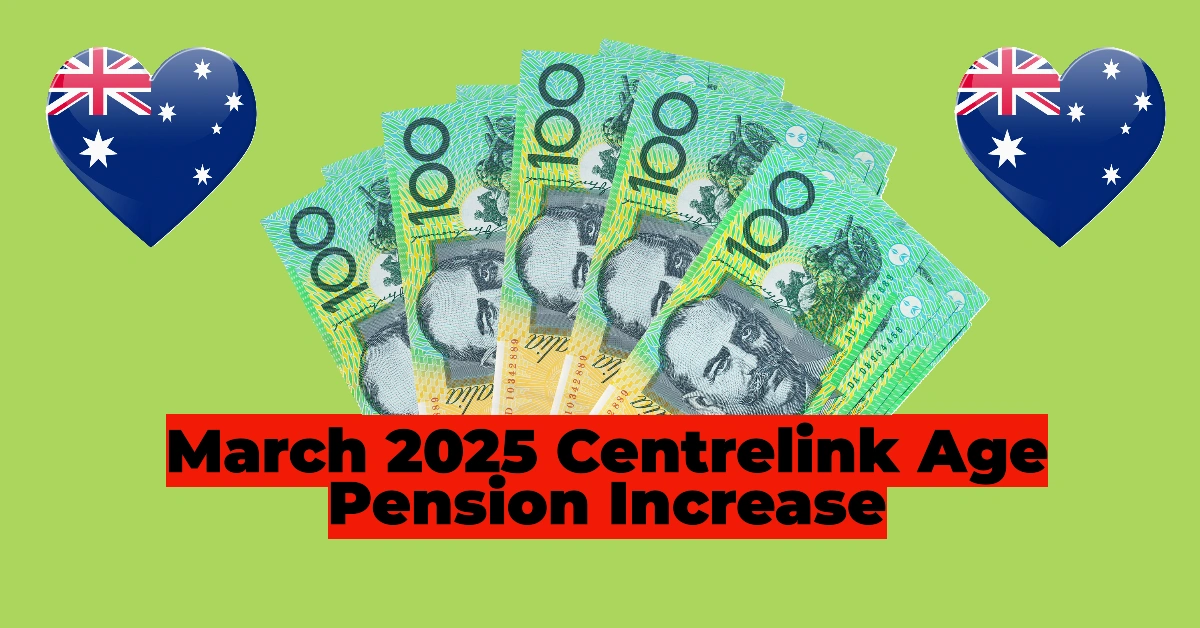As of June 1, 2024, the minimum wage in British Columbia (BC) has risen to $17.40 per hour, reflecting the province’s ongoing efforts to support workers amid increasing living costs. This change aims to keep wages in line with inflation and ensure that workers in BC are better able to afford the necessities of life. Here’s a breakdown of the updated wage, special categories, and the broader impact of this increase.
Table of Contents
General Minimum Wage: $17.40 per Hour
The new $17.40 per hour minimum wage applies to most workers in BC, across various industries and sectors. This marks an increase from the previous wage of $16.75 per hour, which was in effect until May 31, 2024. The increase follows BC’s commitment to linking minimum wage adjustments to the Consumer Price Index (CPI), which measures the cost of goods and services in the province. By aligning wages with inflation, the province aims to ensure that workers can maintain their purchasing power in the face of rising costs.
Special Minimum Wage Categories
In addition to the general minimum wage, specific wage rates apply to certain job categories:
1. Liquor Servers
- Elimination of Lower Wage: Liquor servers, who previously earned a lower minimum wage, now receive the same $17.40 per hour as other workers. This change ensures equal pay across industries and job types.
2. Live-in Home Support Workers
- These workers must now be paid a minimum of $121.65 per day for shifts that are 24 hours or longer. This update reflects the unique nature of live-in work, ensuring that support workers receive adequate compensation for extended hours.
3. Resident Caretakers
- For resident caretakers in apartment buildings, the minimum monthly wage has increased:
- For buildings with 9 to 60 suites: The minimum wage is $1,045.56 per month.
- For buildings with more than 60 suites: The wage is now $2,695.05 per month.
4. Farm Workers (Paid by Piece Rates)
- Farm workers who are compensated through piece rates (i.e., by the quantity of produce harvested) will see adjusted rates in line with this wage increase. These rates vary depending on the type of crop harvested and are updated annually to reflect changes in agricultural markets and the cost of living.


Why the Increase?
The BC government’s decision to raise the minimum wage is driven by the rising cost of living across the province, particularly in urban areas like Vancouver, where housing and everyday expenses are high. By adjusting the minimum wage annually to match inflation, the government aims to provide workers with wages that keep pace with the real cost of essentials like housing, food, and transportation.
This is part of a broader strategy to reduce income inequality and improve the standard of living for low-wage workers, ensuring that they are not left behind as the economy grows.
Impact on Workers and Employers
For Workers
The increase in the minimum wage to $17.40 per hour is a welcome development for many workers, particularly those in lower-wage jobs or industries that have been traditionally underpaid, like retail, hospitality, and service sectors. This wage hike means that workers will have more disposable income to cover basic needs, from rent and groceries to transportation and healthcare.
For Employers
Employers, particularly small businesses, may need to adjust their budgets to accommodate the wage increase. While this may present some short-term challenges, the increase in wages could result in a more motivated and stable workforce. Additionally, with more money in workers’ pockets, local businesses may benefit from increased consumer spending.
Future Wage Adjustments
The BC government has committed to reviewing and adjusting the minimum wage annually, based on the Consumer Price Index (CPI). This means that workers can expect continued wage increases in future years, ensuring that their earnings keep pace with the cost of living.
Ontario Minimum Wage Increase 2024: New Amount & Future Increases
Canada Hourly Wage Increase 2024: What You Need to Know
Canada Minimum Wage: Province-by-Province Breakdown (2024)
Canada Average Income 2024: What is the Monthly and Annual Income in Canada?
The increase of BC’s minimum wage to $17.40 per hour as of June 1, 2024, is a significant step towards improving the financial security of workers in the province. By ensuring wages rise in line with inflation, the BC government is helping to alleviate the financial pressures faced by low-income earners. Both workers and employers must stay informed about these changes to ensure they remain compliant and prepared for future wage adjustments.
This wage increase reflects BC’s broader efforts to create a fairer, more equitable economy for all. Whether you’re an employee looking to benefit from the increased wage or an employer planning for operational changes, understanding the latest updates to the minimum wage is crucial for thriving in the province’s evolving economic landscape.









Leave a Reply